Property equity loans, like other loan kinds, can offer favorable interest rates and large sums of money for purposes like high-interest debt consolidation or significant property improvements.
1. Low rates of interest

Since home equity loans are secured by the value of your home, they often have lower interest rates than credit cards or personal loans. They may therefore be more appealing for home renovations or debt consolidation. Additionally, you might be able to write off the interest on your taxes if you use your loan for the appropriate reasons.
To be eligible for a home equity loan, you must demonstrate your ability to make the required payments. Pay stubs and tax returns are used by lenders to confirm your income, do an appraisal and check your credit record. You can borrow up to 85% of the value of your property, according to most lenders.
For significant, fixed-cost costs like a one-time home renovation project or medical procedure, home equity loans are a good option. They can also offer consistency for budgeting and are beneficial for consolidating high-interest debt.
2. Big Money

You can use the substantial amount of money provided by home equity loans for any purpose you choose. But it's easy to overspend and make unnecessary purchases with the money, which can lower the value of your house and increase your debt load faster than the benefits of the original purchases.
You should make sure you're just borrowing as much as you need to, since if you don't return the loan, the lender may foreclose on your property. Additionally, it's wise to limit the use of home equity loans to specific requirements.
Home equity debt, as opposed to personal loans, is protected by collateral—your house—which lowers the risk to lenders. They usually have lower interest rates than unsecured debt, such as credit cards and personal loans, in part because of this.
3. Adaptability
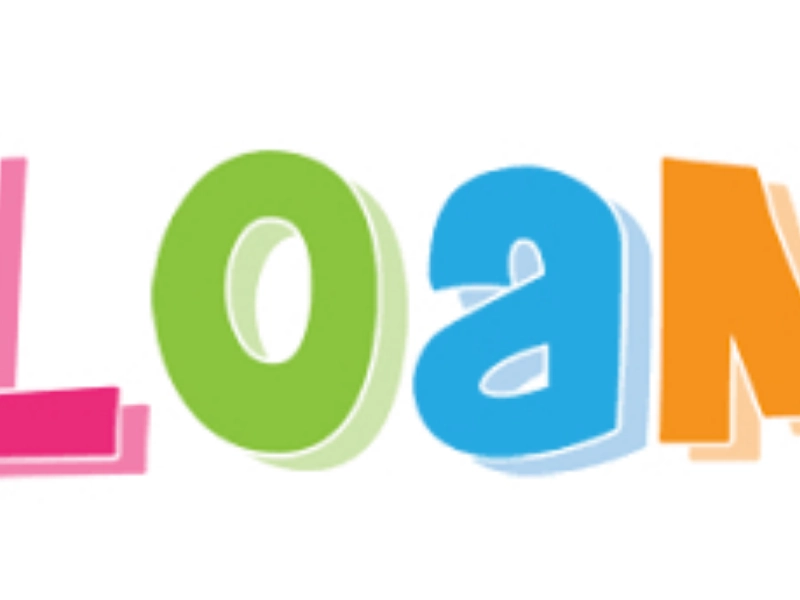
A home equity loan is a fantastic choice for a number of uses, such as debt consolidation or the payment of an extravagant wedding. The set terms and steady monthly payments of a home equity loan, however, may be restrictive if you require longer-term access to greater sums of money.
Conversely, a HELOC offers an adjustable spending cap that can be used as needed. Make sure your debt-to-income ratio is manageable and your credit is in excellent standing if you intend to regularly borrow money against your equity. If not, you run the risk of maxing out your credit cards or going over budget and losing your house. It is wise to compare possibilities before selecting one because of this. Fees are likewise connected to these two borrowing options.
4. Tax Offsets
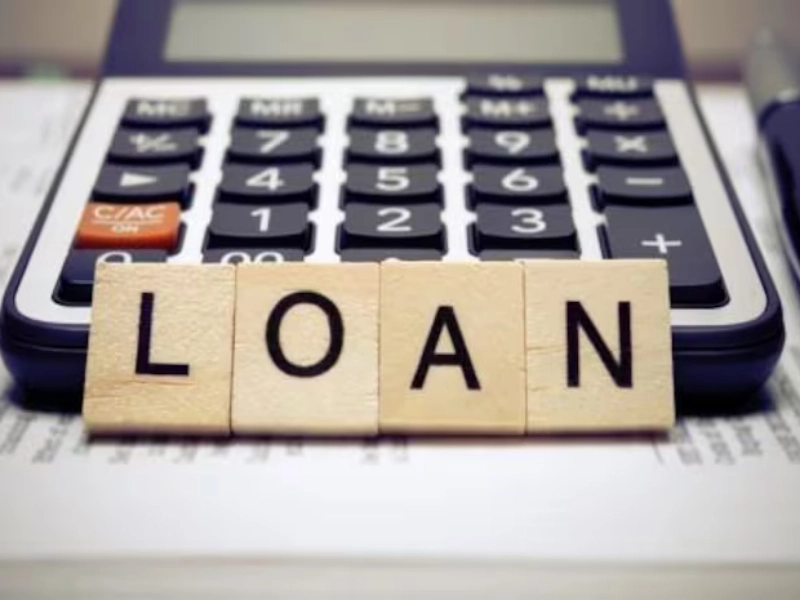
With home equity loans, you can use a one-time payment to help cover major costs like home remodeling, college tuition, or unforeseen medical expenses. Additionally, they offer tax deductions to those who choose to itemize.
To find out if you qualify for the deduction, you should speak with a tax advisor. Additionally, according to Sterling, you must ensure that the loan is utilized for "buying, building, or substantially improving" an eligible house and that your debt is not greater than the property's value.
Another possible problem is that you can have negative equity and have more debt than your house is worth if its value declines. This might be difficult to repay. Additionally, you can lose your house to foreclosure, which can permanently harm your credit.
5. Security
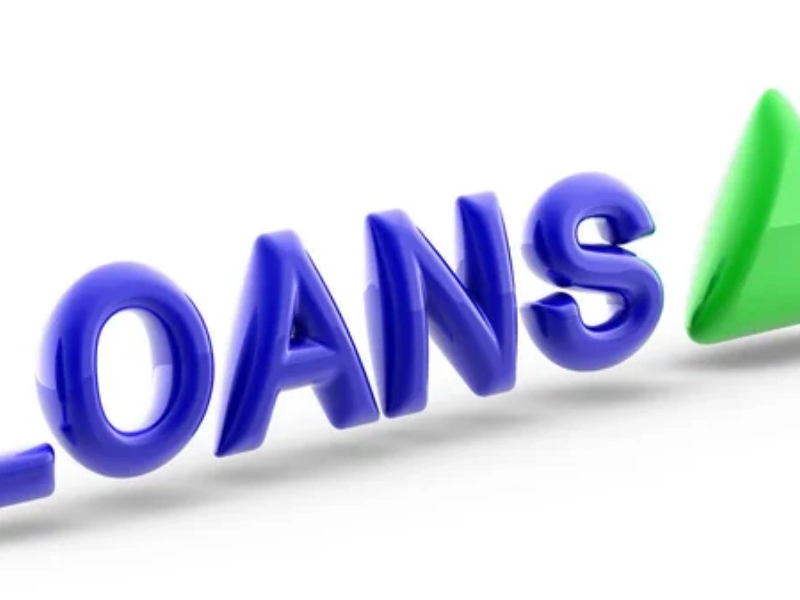
Homeowners who take out home equity loans must pledge their residences as security against debt. Lenders may foreclose on a home if homeowners don't make their payments. A property may be underwater in some overheated real estate markets if the total debt from mortgages and home equity loans exceeds its worth.
Generally speaking, home equity loans have fixed interest rates that don't fluctuate over the course of the loan. Since you will know just how much you will be paying each month, you may find it easier to budget for those costs, which is a benefit.
The money from your home equity loan can be utilized for big, useful renovations that will raise the value and functionality of your house. But exercise caution when spending excessive amounts of money on repairs that don't improve your home's resale value.
Recommended Reading: Mortgage Rates' Effect on Home Affordability


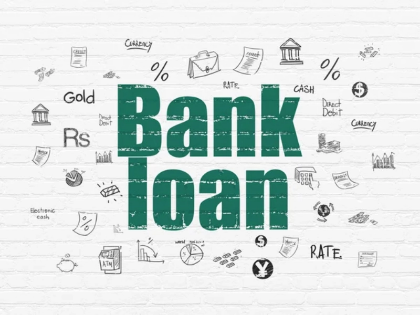


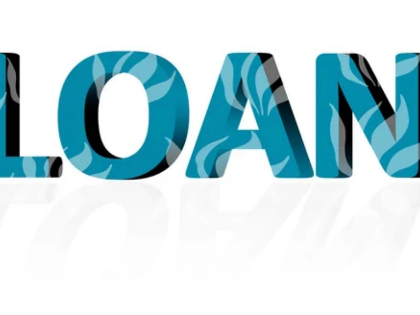





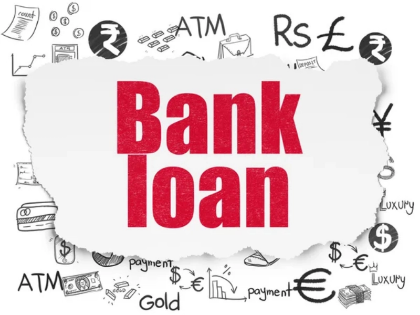



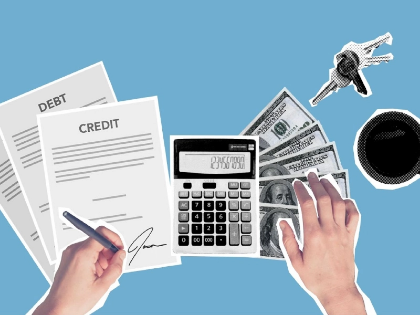

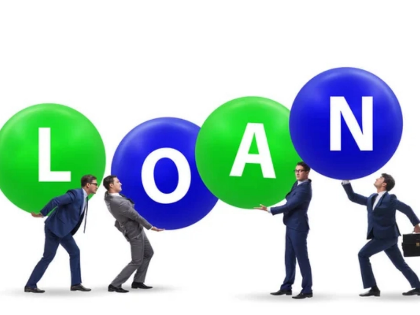
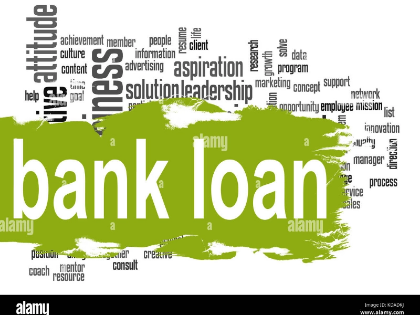





Suggests a living document approach.
Skillfully avoids cargo cult patterns.